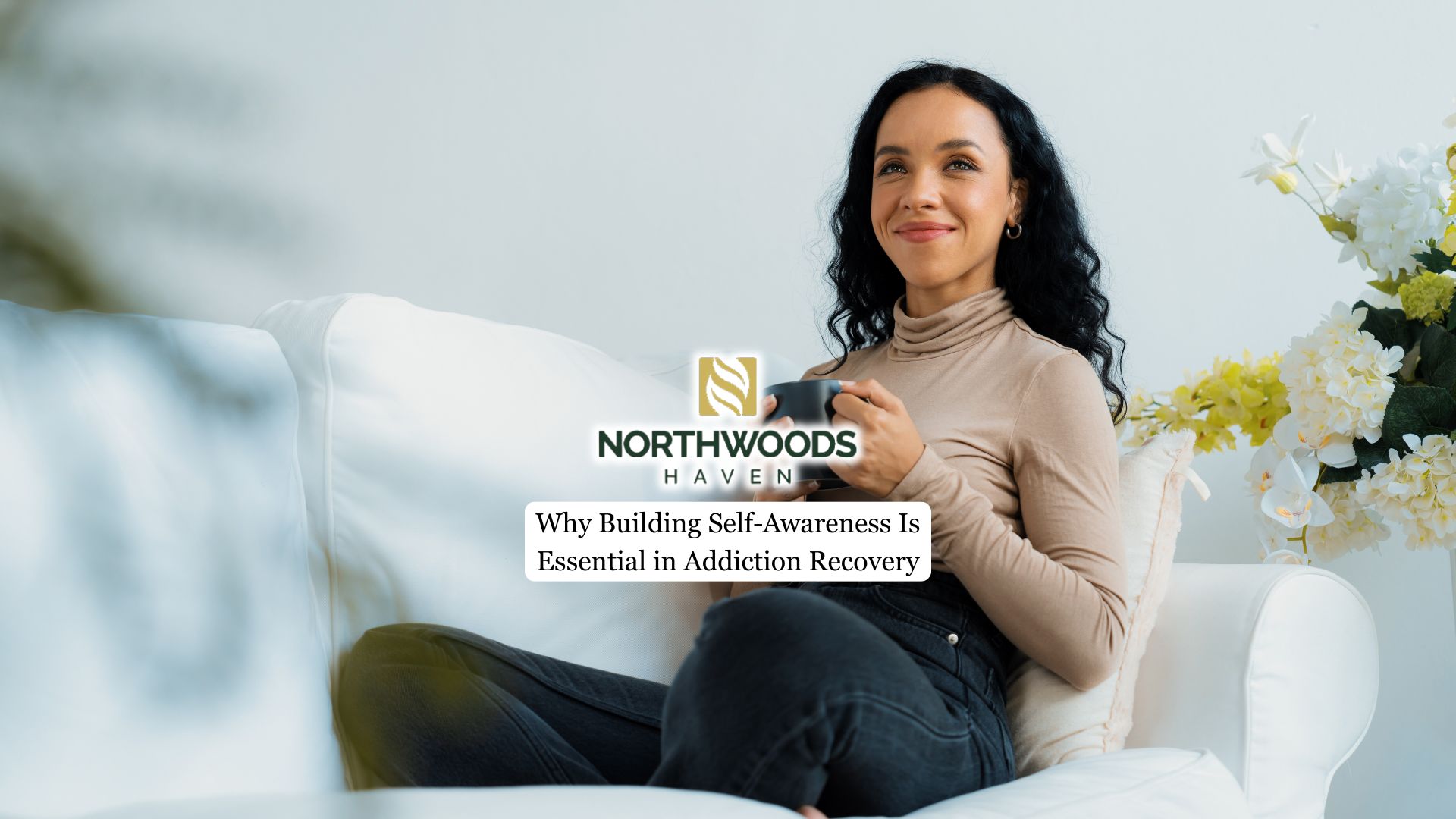Developing self-awareness is one of the most powerful tools in addiction recovery. It allows individuals to understand their emotions, triggers, and behaviors, helping them make more conscious decisions throughout their healing journey.
In this article, we’ll explore how self-awareness supports long-term recovery, strengthens emotional intelligence, and builds a foundation for lasting personal growth.
Recognizing Triggers and Emotional Patterns
A major benefit of self-awareness is the ability to identify triggers that contribute to substance cravings. Triggers can include certain environments, emotional states, people, or memories. Without recognizing these cues, it’s easy to fall back into old patterns of behavior. However, by learning to notice them early, individuals can develop proactive strategies for prevention.
This may involve avoiding specific settings, practicing grounding techniques, or engaging in positive distractions such as exercise or creative hobbies. Keeping a journal or working with a counselor can also help uncover recurring emotional patterns. An outpatient treatment program can further strengthen this awareness by offering professional guidance and support while individuals continue their daily lives. This insight enhances emotional intelligence and fosters a sense of empowerment, enabling individuals to anticipate challenges before they escalate into relapse risks.
How Self-Awareness Strengthens Emotional Regulation
Substance use often masks painful emotions like guilt, shame, or fear. As individuals progress through recovery, self-awareness helps them face and process these emotions constructively. Observing emotions without judgment, they develop the ability to pause before reacting, a key skill in emotional regulation.
Therapeutic approaches, such as mindfulness-based therapy and cognitive-behavioral therapy (CBT), often emphasize self-consciousness as a foundation for emotional balance. Integrating self-care into this process through rest, nutrition, exercise, or relaxation reinforces emotional stability and nurtures overall well-being. Understanding how emotions manifest in the body and mind enables individuals to manage stress, anxiety, and frustration more effectively, reducing the likelihood of turning back to substances as an escape.
Improving Relationships and Accountability
Addiction often strains or severs personal connections, leaving behind guilt, mistrust, and resentment. Building self-awareness can play a crucial role in repairing these relationships. When individuals recognize how their behaviors have affected others, they can begin to take accountability and express genuine empathy. This renewed understanding fosters forgiveness and creates opportunities for open and honest communication.

Self-conscious individuals are also more likely to set healthy boundaries and practice active listening, both of which support stronger, more respectful relationships. In recovery, social support is one of the strongest predictors of long-term success, and awareness helps foster that support by encouraging vulnerability, taking responsibility, and being open to feedback.
Encouraging Mindful Decision-Making
Practicing mindfulness means observing one’s thoughts and emotions as they occur, without judgment or the urge to control them. This perspective enables individuals to make deliberate choices rather than falling into habitual or self-destructive behaviors.
When faced with stress or temptation, mindfulness encourages a moment of pause, a mental checkpoint that helps one respond calmly rather than react impulsively. Consistent mindfulness practice can also help reduce anxiety, increase focus, and foster greater self-compassion. As individuals become more attuned to their inner experiences, they cultivate a sense of control and confidence that supports sustained sobriety and emotional stability.
The Connection Between Self-Awareness and Relapse Prevention
Relapse often occurs when individuals lose sight of their emotional and behavioral warning signs. Self-awareness serves as an early detection system, enabling individuals to recognize when they’re slipping into old patterns before a relapse occurs. When individuals notice subtle changes, such as irritability or withdrawal, they can take proactive steps like seeking counseling or joining a support group.
If you understand the personal factors that lead to relapse, you can make informed choices that reinforce sobriety. This awareness transforms recovery from a reactive process into an intentional and empowering journey.
Learn more about our Relapse Prevention Program in MN.
Final Thoughts from Northwoods Haven Recovery
Building self-awareness is a transformative skill that extends beyond sobriety. It empowers individuals to live with clarity, purpose, and emotional balance. Understanding personal triggers, emotions, and motivations can lead to meaningful change and foster a life grounded in self-control and resilience.
At Northwoods Haven Recovery, our outpatient treatment program in Minneapolis, MN, emphasizes the development of self-awareness as part of the healing process. Through tailored therapy sessions, mindfulness practices, and evidence-based care, clients gain the insight and coping tools necessary to manage life’s daily challenges. Our approach fosters lasting recovery by helping individuals develop their emotional regulation and confidently navigate life beyond treatment.



